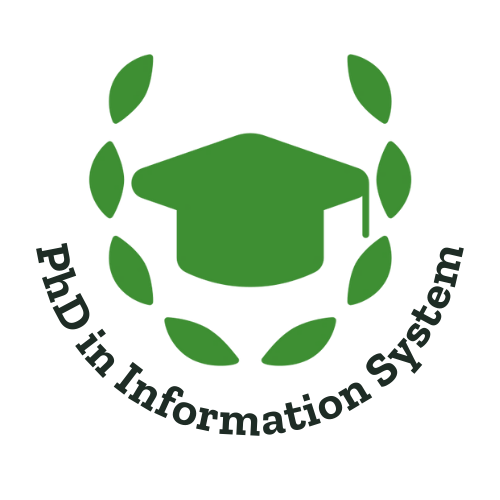Balancing working and doing a PhD is not easy but has been done. Please note that there are specific types of PhD programs that are designed for working professionals. For example, Executive PhD and Doctorate in Business Administration (DBA),
As a professional woman, you can successfully navigate the demanding journey of earning a PhD while juggling work responsibilities. I understand the aspirations that drive you and the unique challenges you may face.
In this article, I share ten insightful time management tips that go beyond surface-level advice. These deeper strategies will help you achieve a work-study balance as an older PhD student.
- Embrace Proactive Planning
Planning is crucial and will give you the best advantage in achieving your PhD goals. Take the time to set clear goals and deadlines for both your work and studies. Create a comprehensive schedule that accommodates your academic and professional commitments while allowing room for the things that truly matter, such as spending quality time with loved ones.
- Master Prioritization
Effective time management requires a keen sense of prioritization. Reflect on your tasks and identify those of utmost importance. By focusing your energy on completing these high-priority tasks first, you avoid wasting valuable time on less significant ones.
- Tailor Your Study Schedule
Create a study schedule that works for you. For excellent time management, seek to balance effective studying without interfering with your work or personal life. Determine the best times to study based on your schedule and commit to sticking to them.
- Harness the Power of Breaks
Maximize the potential of your breaks throughout the workday. Instead of mindlessly scrolling through social media, focus on time management and leverage these moments to review notes or complete small study-related assignments. Additionally, consider incorporating stretching exercises to release any tension built up from long hours spent leaning over your laptop or textbooks. For example, you could take 3-5 minutes to stretch and loosen your neck.
- Consider the Single-Task Focus
“Multitasking is just rapidly switching between tasks—and it hurts your performance in both of them.” – Adam Grant
Multitasking may seem like a productivity booster, but in reality, it hinders your progress and increases stress. It is better to focus on one task at a time, giving your complete attention and effort to it. This deep focus enhances efficiency and effectiveness in completing your work.
Another technique you can explore is the Time Blocking Technique. As a time management technique, it is transformative for productivity. Rather than simply making a to-do list, allocate specific time slots to each task or activity on your list. This is a bonus if you work well under pressure, as creating self-imposed deadlines can motivate you to excel.
- Leverage Technology Wisely
The digital world offers many tools to support your time management efforts. Explore and experiment with calendar apps to schedule appointments and deadlines, productivity apps that enhance focus and accountability, and note-taking apps to keep your research materials neatly organized in one accessible location.
- Foster a Supportive Network
It’s important to seek support when you need it. Reach out to your supervisor, colleagues, and loved ones to discuss your workload and request their support when you need help with time management. You can also build a support network of peers who can provide you with the necessary encouragement and guidance to thrive in your IT PhD studies.
- Practice Self-Care
Nurturing your well-being is crucial when balancing work and IT PhD studies. Prioritize self-care amidst your busy schedule. Allow yourself regular breaks, practice mindfulness or meditation to center your mind, and carve out time for activities that bring you joy and rejuvenation. These practices will help you manage stress and maintain a healthy work-life balance.
- Allow for Flexibility
Be open to adjusting your schedule and approach when balancing work and IT PhD studies. Life happens, and unexpected events can lead to disarray. It is okay to ask for help when you need, and to avoid burnout by taking a break.
- Maintain Organization
Maintain an organized system for your work and study materials, whether through physical folders, binders, or digital tools. An organizational structure will enable easy access to resources and help you manage your time more effectively.
Final Thoughts
In conclusion, successfully balancing work and PhD studies as an older PhD student requires a multifaceted approach to time management. By incorporating these ten tips, you can achieve remarkable success in your academic and professional endeavors.
Although the PhD journey is not without its challenges, the right mindset, determination, and strategic time management, can help you excel as a professional woman pursuing IT PhD studies. Keep pushing forward, stay focused, and never lose sight of how your contributions will shape the future.

